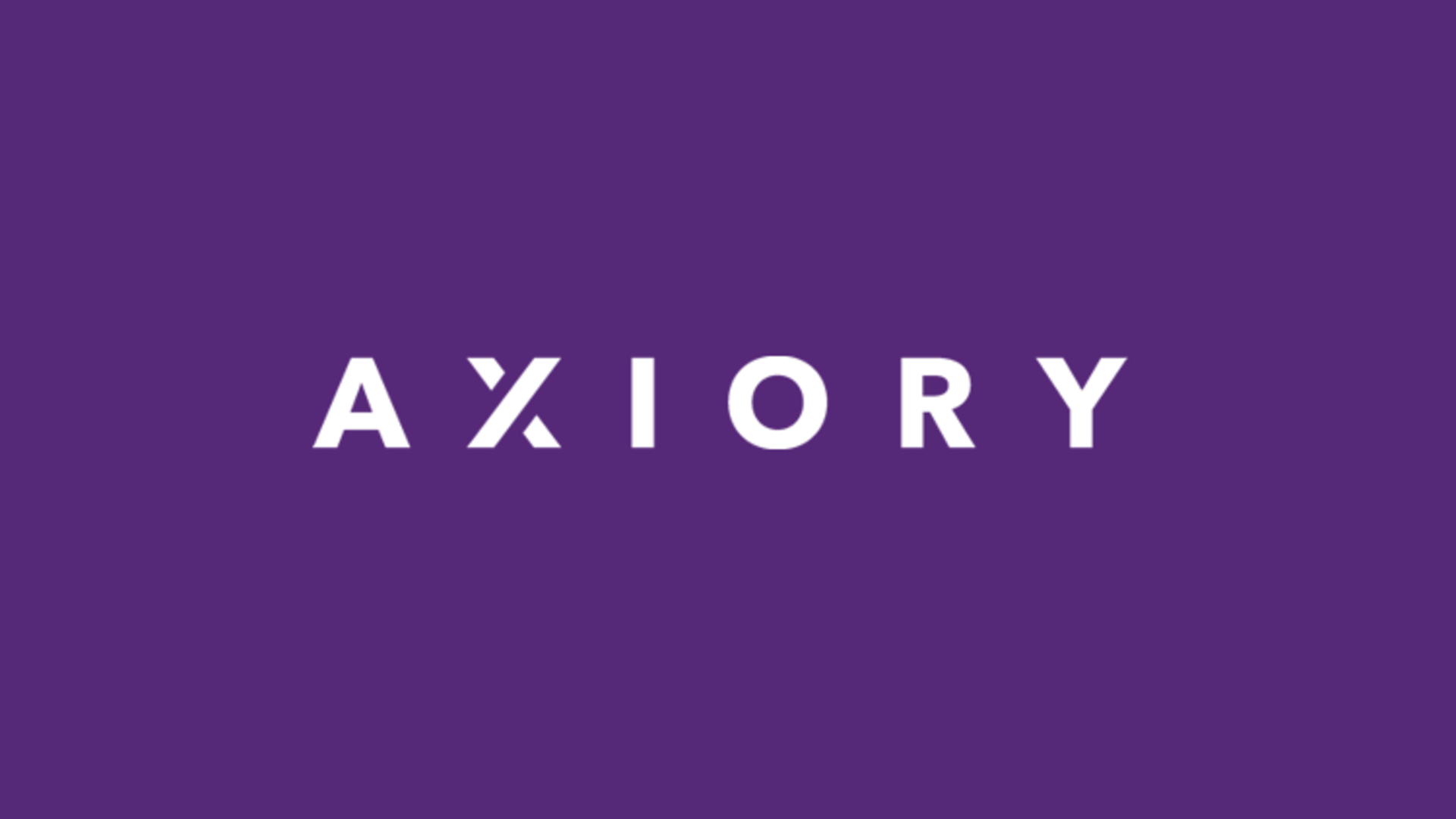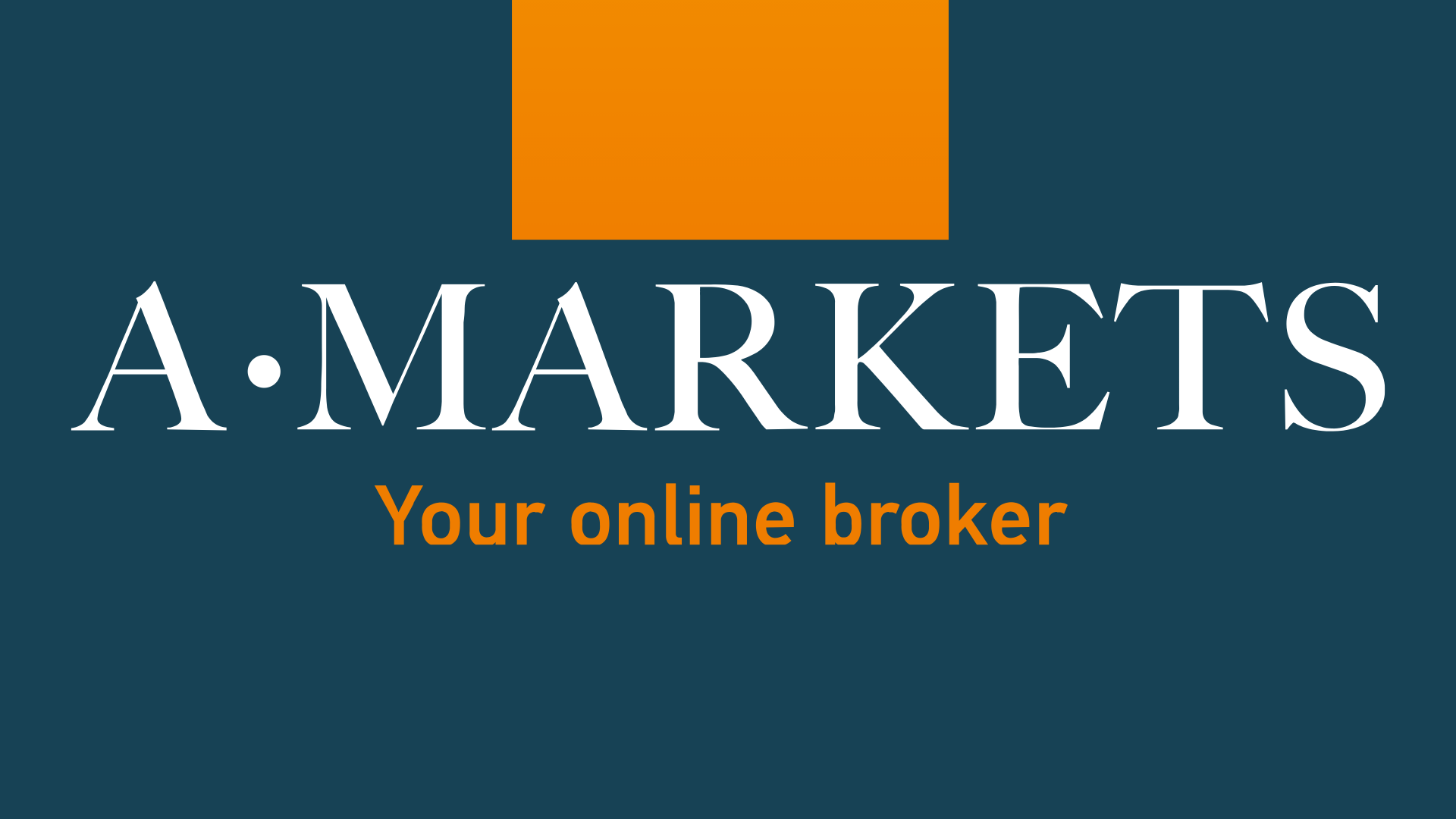Contents
Germany has one of the strongest economies in the world. For many years, they have remained as one of the leaders on the global economical and political scene. Germany’s economy is 4th larges in the world and the largest in the whole of Europe. They are one of the biggest contributors to the strength of the Euro, and the biggest driving force of the EU.
No matter what is happening to the rest of the world, the country somehow manages to keep progressing further, and becoming stronger in every sense. A large part of this is due to how the nation itself is – an approach of cold, hard logic and discipline is what comes to mind when thinking about the causes for Germany’s success and progress as an economic and political force.
These qualities are exactly what is required for success in the Forex world, and as such, it comes as no surprise that Germany has an amazing Forex trading market with amazing trading opportunities. Forex is very popular in Germany, and despite the very strict regulations that are imposed on the market, it still continues to significantly rise in popularity. The trading environment is definitely great if you are looking for a stable market where you can trade with full safety and security, thanks to the very effective regulatory environment and strong economic base.
In this guide, we will be taking a general overview of the German Forex market, will be talking about what its strong sides are, what are the legal specifics in place that you should be aware of, and more. If you are a beginner trader looking to make your first move on the German Forex market, then this guide is for you, and will be of great help in letting you start just the right way for success!
Our selected German Forex brokers list
As a country where Forex is really popular, there are definitely a large amount of all sorts of different brokers available in Germany. To make sure that you have great trading experience, defined by safety, access to a lot of options, and a higher chance of winning, making the right choice for your first broker is definitely one of the most important things. With this list, we hope to help you make the best possible choice for yourself.
XM
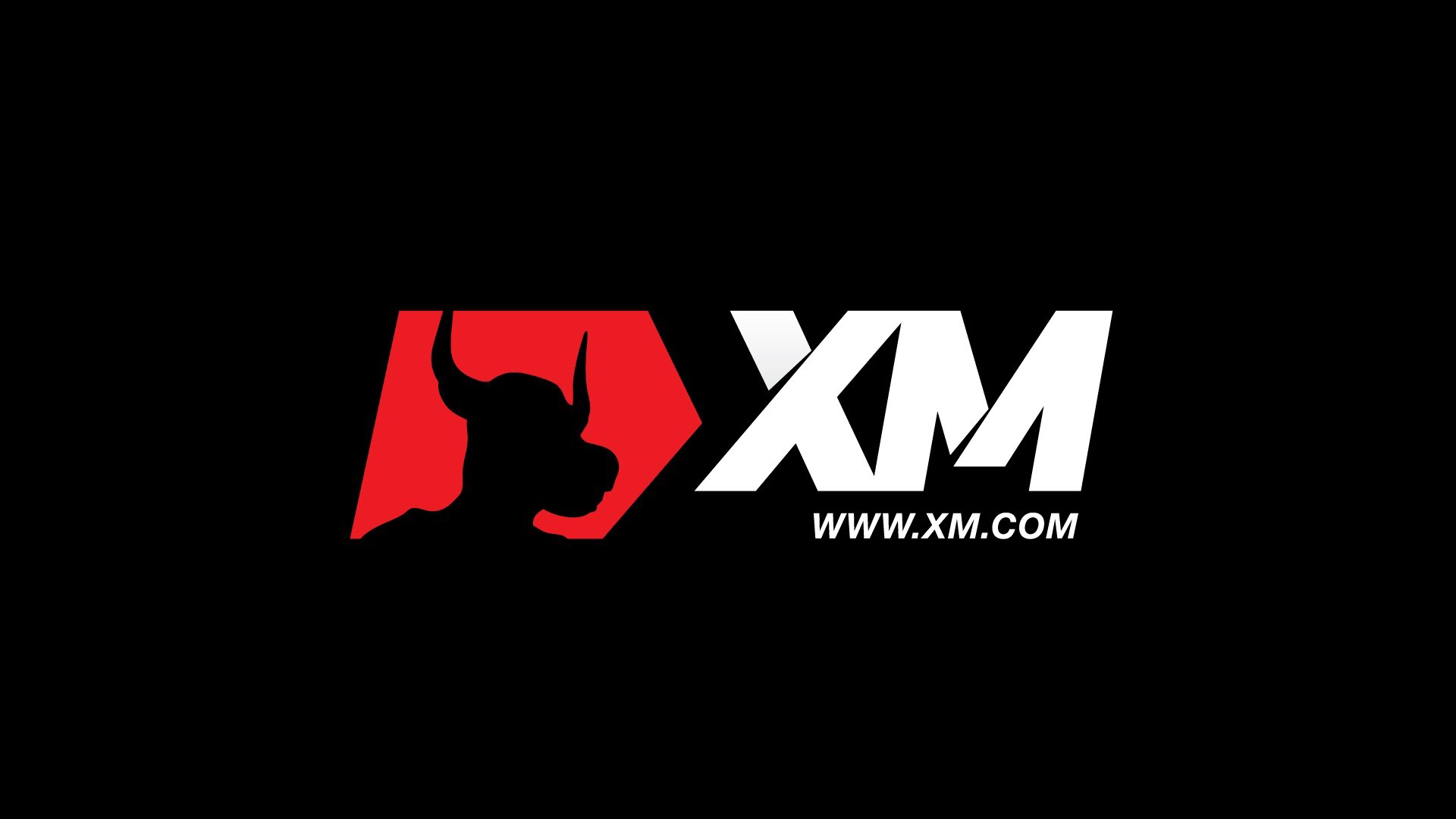

Min. Depo
$5

Licences
FCA, CySEC, IFSC, ASIC, DFSA

Leverage
1:888

Platforms
MT4, MT5, WebTrader
AvaTrade


Min. Depo
100 USD

Licences
ASIC, FSA, FSCA, FFAJ, FSRA, FSC

Leverage
400:1

Platforms
MT4, MT5
Exness
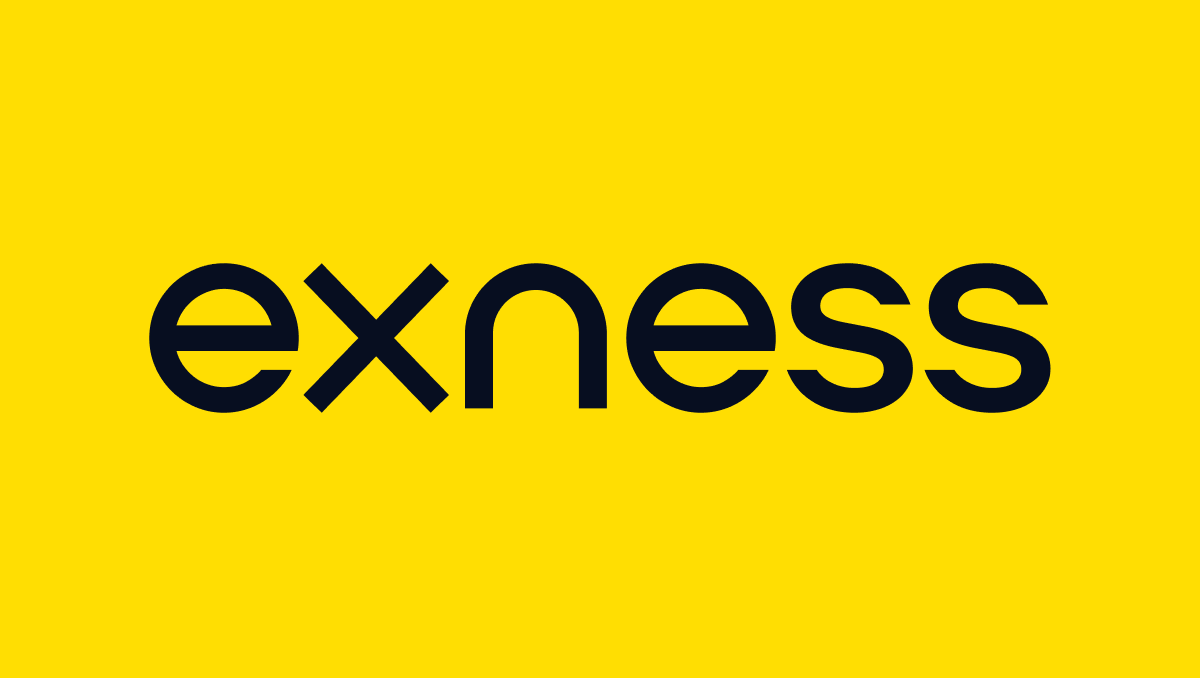

Min. Depo
$10

Licences
CySEC, FCA, SFSA

Leverage
1:2000

Platforms
MT4, MT5
FundedBull
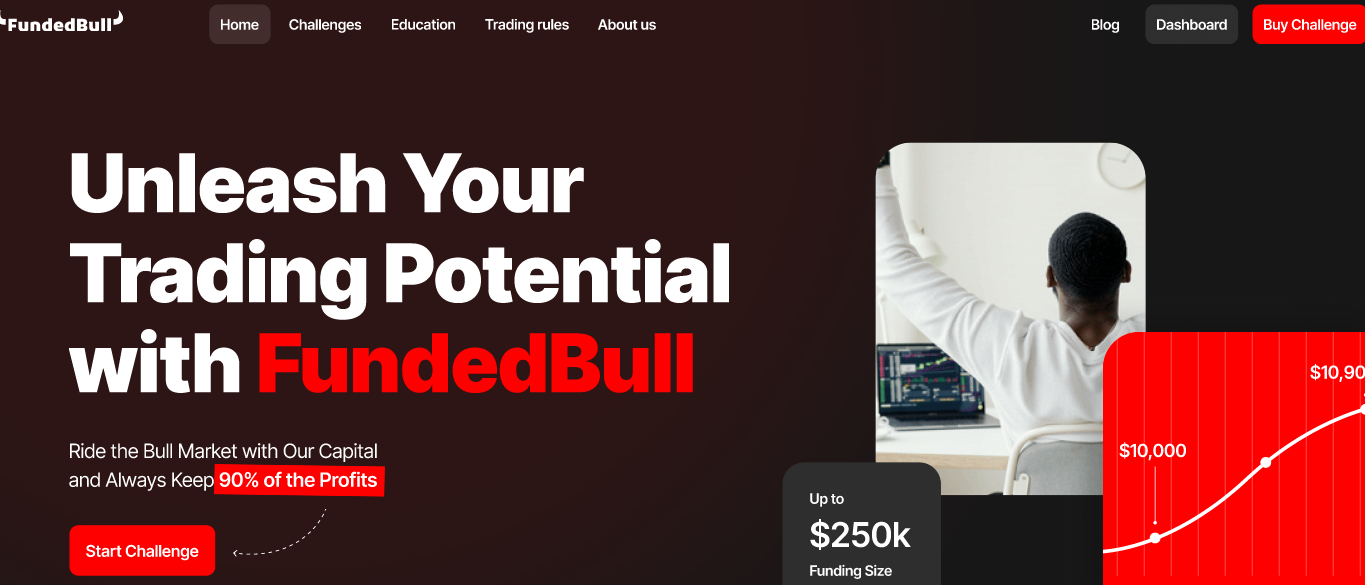

Min. Depo
49 USD

Licences
N/A

Leverage
N/A

Platforms
MT4, MT5, cTrader
Forex.com
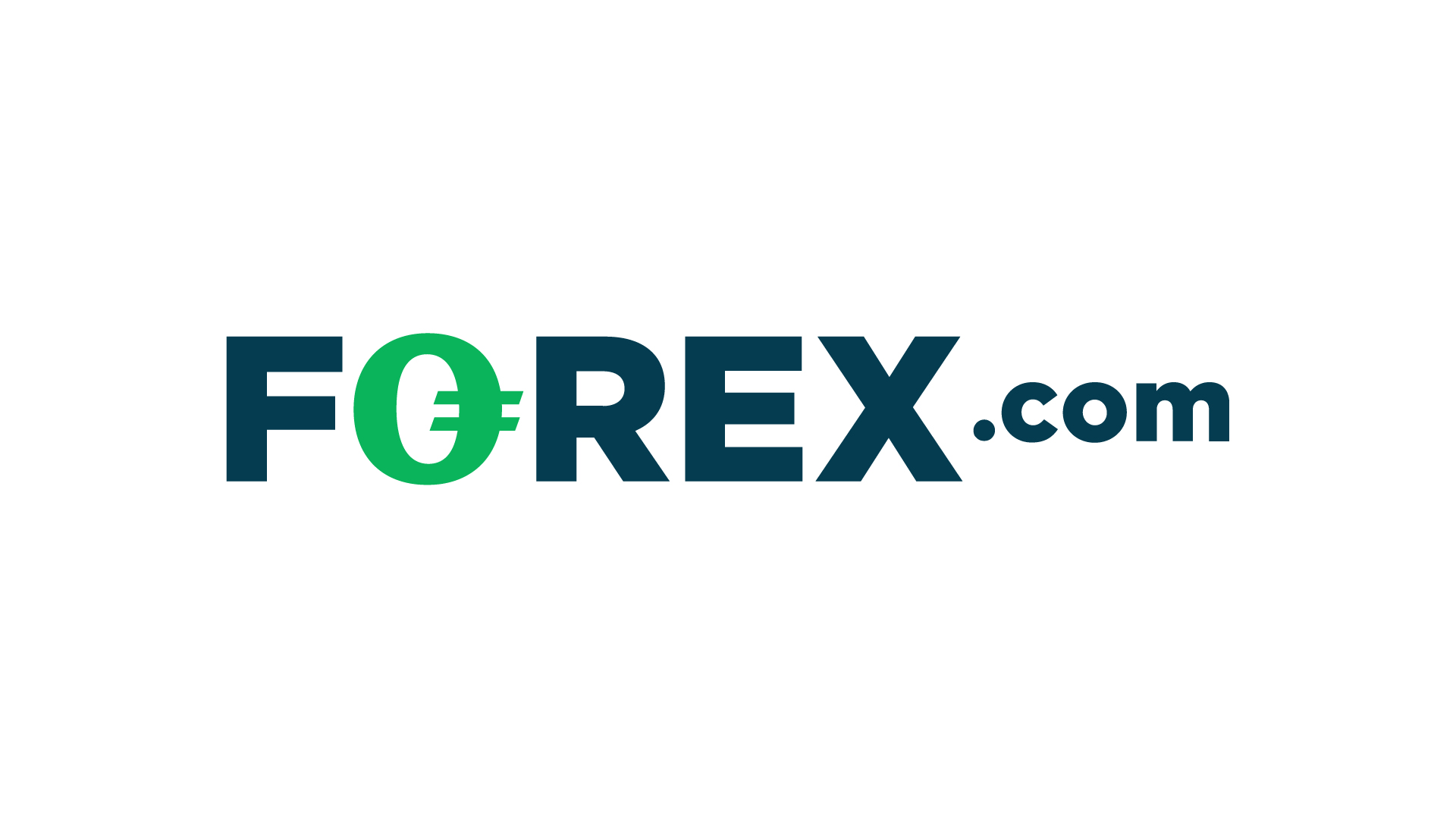

Min. Depo
$100

Licences
NFA, CFTC, FCA, FSA, IIROC and CIMA

Leverage
1:50

Platforms
WebTrader, MT4, MT5
CMTrading

Min. Depo
250 USD`

Licences
FSCA

Leverage
1:200

Platforms
MT4, WebTrader, Copykat
Plus500
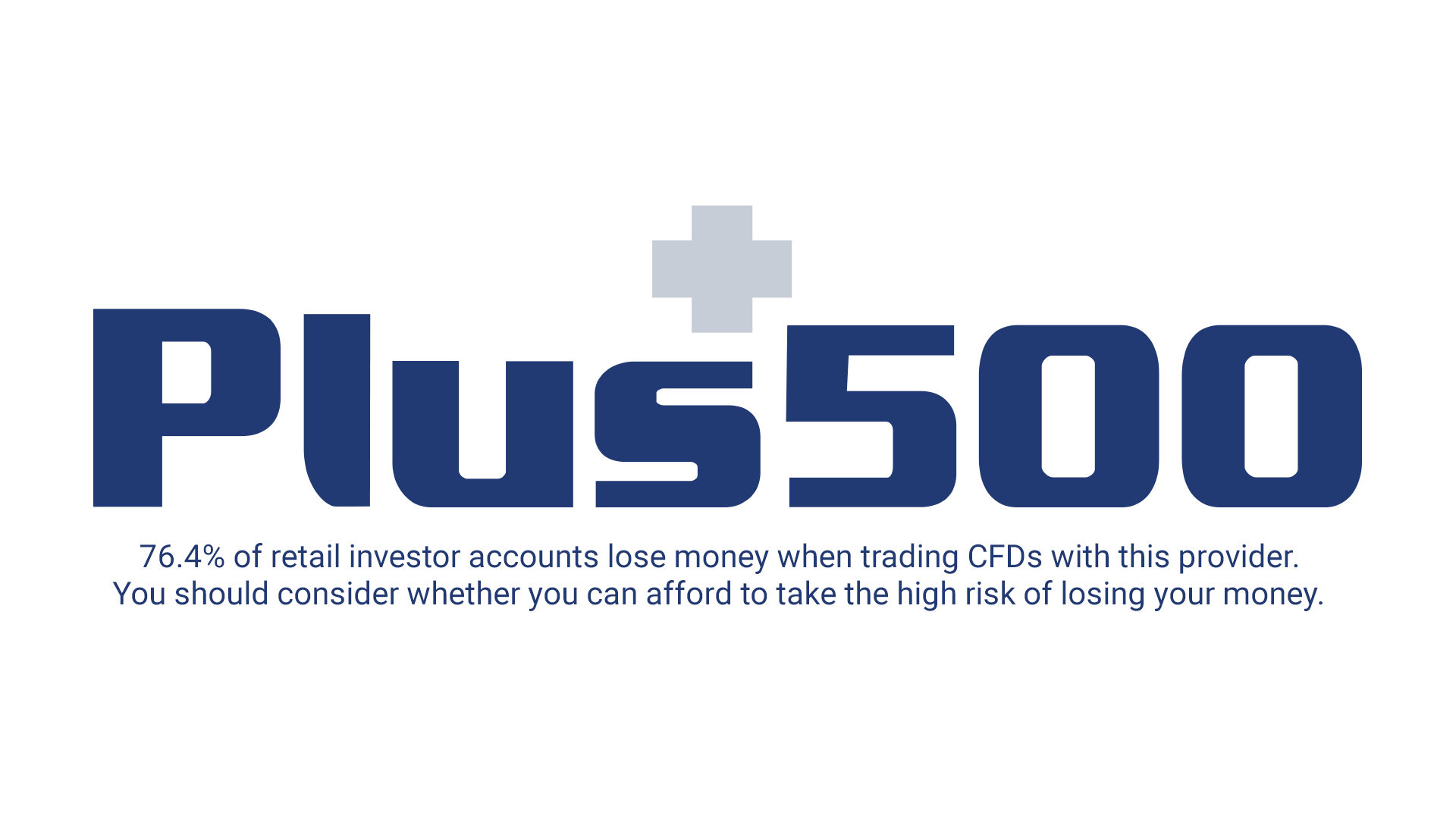

Min. Depo
$100

Licences
FCA, ASIC, CySEC, FSCA, FMA, MAS

Leverage
1:30

Platforms
WebTrader, Windows 10 Trader
Forex regulation in Germany – how Germany based Forex brokers are regulated
In order to be officially allowed to offer financial services like Forex in Germany, a broker needs to either licensed by the local regulatory authority or be licensed by any other authority within the European Economic Area. Satisfying either one of those requirements will be enough for a broker to be allowed to operate
As mentioned, bein licensed by Germany’s local Forex authority has some really strict requirements. Fulfilling these requirements sets the companies aside from all the other ones that have failed to do so, thereby increasing their prestige. What is this local authority, how does it work, and what exactly do the companies need to do to obtain it?
The Federal Financial Supervisory Authority/BaFIN
The Federal Financial Supervisory Authority (Bundesanstalt für Finanzdienstleistungsaufsicht, or BaFin) is the official regulatory body for Forex in the country. BaFin is a government institution that is under the supervision of the Federal Ministry of Finance. The definition of main functions of BaFin is to oversee the operations of about 800 financial services institutions, 2,700 banks, and more than 700 insurance-related companies. Needless to say, with such huge numbers, it needs to be highly competent authority, to be entrusted with such a responsible task. Indeed, BaFin does an amazing job of shouldering this responsibility and carrying out its duties in a competent manner.
Over the years BaFin has done amazing job data being the tough, firm, and effective regulator that the country always needed to become successful. Thanks to the many effective and time-tested policies and laws that it has implemented, Germany has been among the top Forex counties for many years now.
Based on these requirements for qualifications, BaFin was able to set a certain bar for the brokers, and those who passed it, as mentioned, were already held in much higher regard than the rest, encouraging not only some great healthy competition but increasing the safety and quality of the service on the market. What are some of the examples of BaFin’s policies and requirements that it has imposed on the market over the years?
Minimum required capital
brokers who are looking to receive a license from BaFin are required to meet certain conditions on how much operating capital they have. This depends on the broker itself, and what exactly their financial dealings are. As an example, the companies that trade on behalf of their clients are required to have a minimum capital of €125,000, while the brokers that trade for their own account are required to have a minimum of €730,000.
These capital requirements are very common across many different regulators from all over the world, and they are very good ant increasing the safety and security of the traders. These funds also have to be completely separate from the funds of the traders themselves and have to be an addition to the latter, rather than a part of.
Segregation of funds
To increase the safety of the investors’ funds even further, BaFin requires, that all the clients’ deposited funds that a broker holds, must be kept in separate and segregated bank accounts, which are different from the accounts where the broker keeps the day-to-day operating funds. This is very important, as it gives traders the safety in multiple different ways. As an example, in case something happens to the broker, like if they go bankrupt, the funds of the clients will be safely kept away in separate accounts, and will be available for the recovery when needed. Additionally, it removes the chance for them to be misused by the broker in any way.
Limits on leverage and CFDs
The concept of leverage and CFDs has always been a controversial one in Forex. On the one hand, thanks to leverage, many clients have been able to make huge profits for a very long time. In case of lack of funds, leverage can really be a saving grace to allow you to trade in volumes that you simply won’t have been able to without them. On the other hand, high leverages have often been the cause for traders, especially beginners, to be losing huge amounts of money.
While it may be something that can be hugely useful in the right hands, it has been a cause for too much damage in other cases, so many of the EU-based countries have restricted how high the leverage can be. This was all a recommendation by the European Securities and Markets Authority (ESMA), which has been the central figure in helping the EU countries come up with great regulatory environments. Based on ESMA’s recommendation, the leverage for major trading assets should be 30:1, and 20:1 for the rest, meaning non-major ones.
The same goes for CFDs. Although they can be quite profitable in the right hands, they have always been considered to be quite risky. Especially the CFDs that were of the very high-risk nature, were always met with a certain degree of scrutiny from the regulators and also based on ESMA’s recommendation, many countries have banned the sale and marketing of really high-risk CFDs. Germany, of course, looking out for the best interests of its citizens, has also put these restrictions in place. For CFDs on equities, commodities, cryptocurrencies, and similar assets, the leverage can be even lower than the numbers just mentioned.
Bonuses and promotions on CFDs are banned
One of the most popular ways that many brokers used to attract more customers on their websites was to offer bonuses and promotions. Now, this is quite a controversial subject, as, on the one hand, bonuses can be of great benefit to the traders, as any extra help is more than welcome when starting out in Forex. On the other hand, these bonuses were deemed to be dangerous for the traders’ well-being, and EU countries have started banning them in the last few years, based on the recommendation of ESMA.
Again, CFDs are considered quite a risky form of investment by many financial regulators and accruing extra encouragement to them in form of bonuses and promotions was something that was viewed as an issue, hence the implementation of limitations. In general, any form of “aggressive” or direct marketing of CFDs is strictly prohibited in Germany, as well as all other EU countries’ Forex markets.
Negative balance protection
Another great protection tool that Germany utilizes for the safety of its citizens is negative balance protection. This rule is especially useful and helpful for traders who like to utilize leverage, but in general, are very helpful for everyone. Essentially, this implementation makes sure that the traders do not get to lose more money than they initially deposited.
As an example, suppose you make a deposit of $500 and buy an asset with 5:1 leverage. In this particular case, your position will be $2,500. In case everything goes south and the asset drops by 5%, you will be suffering a 25% loss due to the leverage. In dollars, this would be $625, which is more than your original initial deposit. This is where negative balance protection comes in. If you go with a broker that offers this protection, then your loss will not exceed your original amount.
Negative balance protection has been becoming really popular as of late because more regulators and traders are realizing what amazing protection it is. Not all brokers offer it though, so it’s always important to make sure that you confirm it beforehand. Countries that are really looking out for the safety of their traders are making sure to demand that the brokers implement this rule, and German is among them. If a broker is to have a license from BaFin, it’s mandatory that they offer negative balance protection.
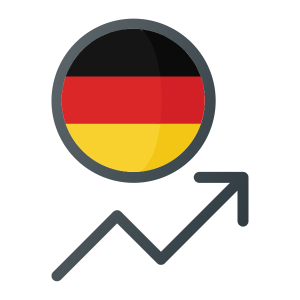 Regular audits and reviews
Regular audits and reviews
Additionally, brokers are demanded that they submit regular and consistent audits and reviews, detailing all important information such as their financial activity, among many. These audits help the authorities keep the track of the activities of the broker, and make sure that they are complying with the relevant laws and regulations that are in place for the safety of the brokers. If these audits and reviews show that the broker is failing to meet the necessary requirements, action will be taken in the form of fines, or other appropriate measures.
Germany’s regulatory environment in summary
As you can see, Germany’s regulatory demands are quite strict and firm, yet at the same time, when you think about it, quite reasonable. If a broker is serious and committed to providing great service, they should have no problem with being able to meet these requirements. What we can tell you for sure is that if you are looking to get started with Forex trading in Germany, you have nothing to hesitate for, when it comes to your safety and security.
What trading opportunities are available with Germany Forex brokers?
As a major international and EU financial hub, Germany has one of the best trading environments for Forex in the world. It matters not what exact type of trading experience you are looking for – highly volatile with big risks and big rewards, or slow and steady, something with comparatively lower possible profit, but much lower risk too – Germany has it all. With the abundance of amazing brokers and a great local economy, you are given one of the best environments for trading. What are some of the popular trading avenues that people explore in Germany?
Currency trading
Currency trading is one of the most popular forms of trading over the world, and not surprisingly so. In Germany, you have some great opportunities for currency trading. Why? Because USD/EUR is one of the most commonly traded pairs in the world, and if there’s a “best” country to trade Euro and USD, it’s Germany. Thanks to the very strong economic and political stability in the country, you have the best possible platform to catapult yourself into success.
Germany’s strongest exports
A huge part of Germany’s economic strength comes from the fact that they’re doing such an amazing job at being one of the major exporters in the world. One of their pinnacles of success as an exporter is in cars. Germany’s car exports total over $150 billion early, which is hugely impressive. Thanks to their gigantic car corporations such as Volkswagen, BMW, Mercedes-Benz, and many more, Germany’s car industry has proven to be one of the most profitable in the world and one of the central pieces to the country’s prosperity. Cars themselves aside, Germany has almost $57 billion’s worth of exports for vehicle parts, which should give you an idea of how huge the industry really is. If you are knowledgeable and passionate about cars and understand how the market reacts to the new developments in the industry, then you will be delighted by taking advantage of Germany’s amazing opportunities in this market.
Up next to cars and vehicle parts is the packaged medicaments market, which amounts to over $43 billion dollars. This should come as no surprise, since Germany is home to one of the biggest pharmaceutical companies in the world, Bayer. Pharmaceuticals is really one of the “evergreen” markets, in the sense that it will always be relevant, and be a point of interest for many people around the world.
If none of these are of any interest to you, then you can opt for something like gold, which is an over-$5billion-market in Germany. The point is, the opportunities are endless. No matter what exactly you are interested in, you can be sure that you will be able to find it on the German Forex market. Germany has access to some of the best Forex brokers in the world, and the list is only getting bigger.
So, what do we think of Forex trading in Germany?
Germany has always been one of the most economically strong countries in the world. On top of this, the country has always displayed a very high standard of stability, and most importantly, steady growth. If you have an opportunity to start trading Forex in Germany, you can pretty much consider that you have access to one of the best markets in the world.
If safety and security, coupled with big opportunities and diversity of options are what you are looking for in a market, then Germany will definitely be right up in your alley! With the help of our list, which we compiled after hours upon hours of research, you also know who are the brokers worth doing business with, so if you feel that you are ready to go, you are already armed with the best possible knowledge on how it all works. Couple that with the amazing opportunities of Forex trading companies in Germany, and you are already well on your way to success!


